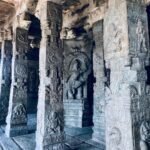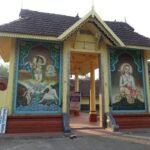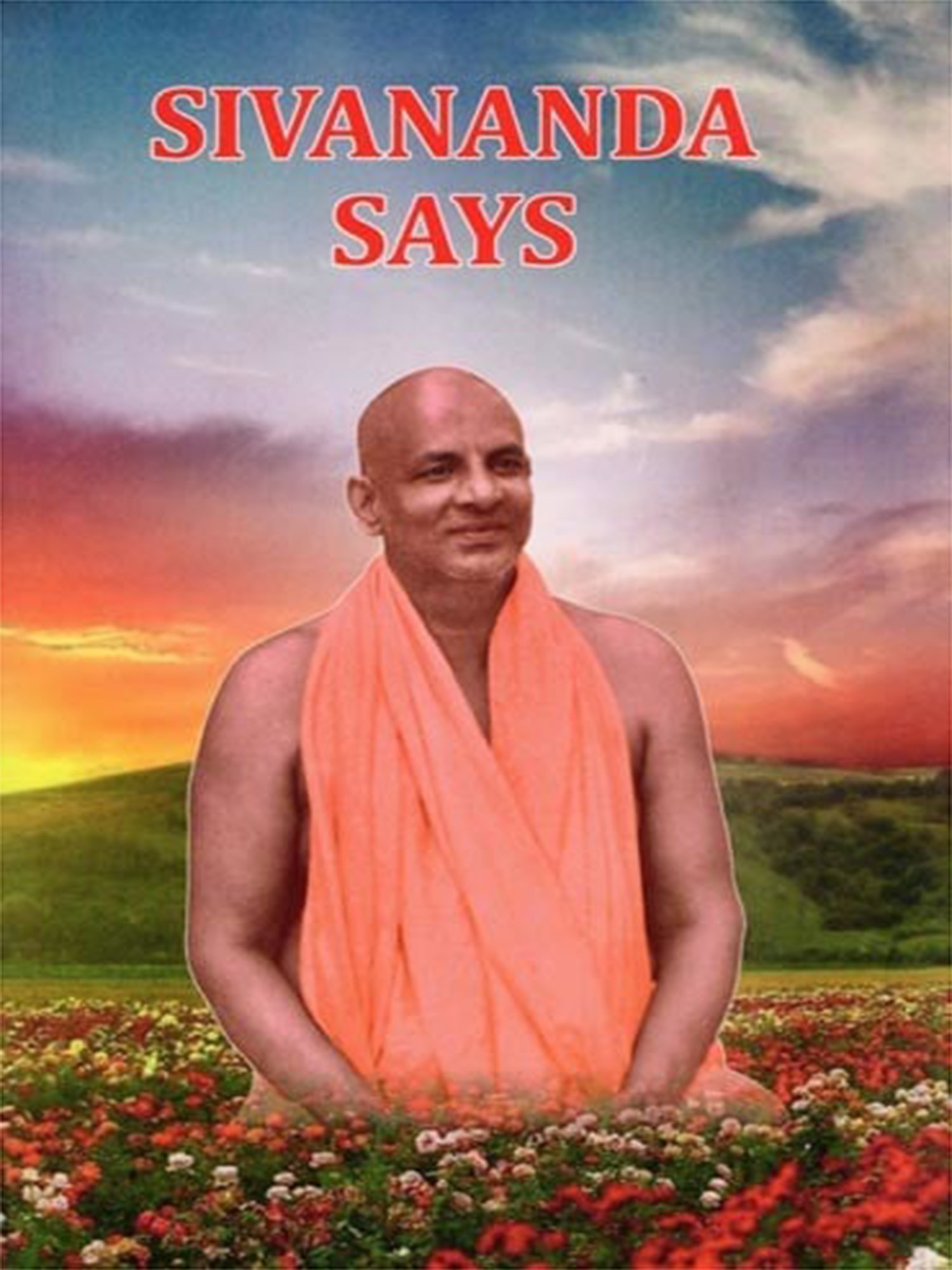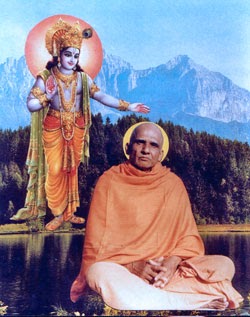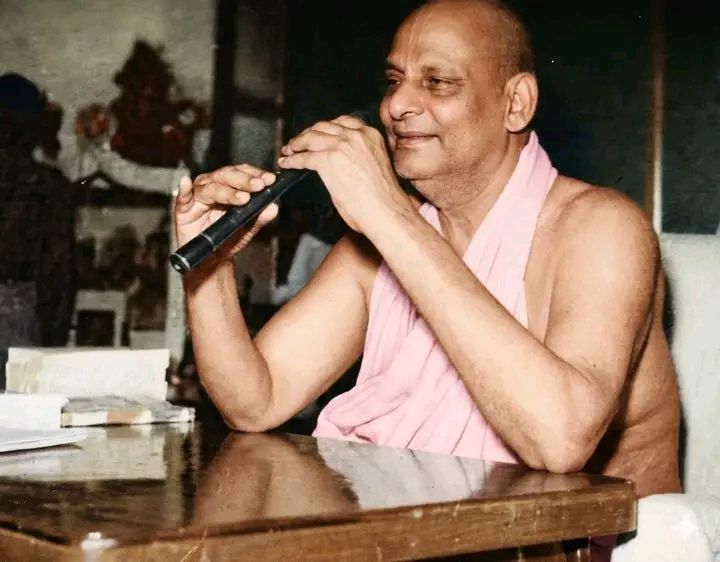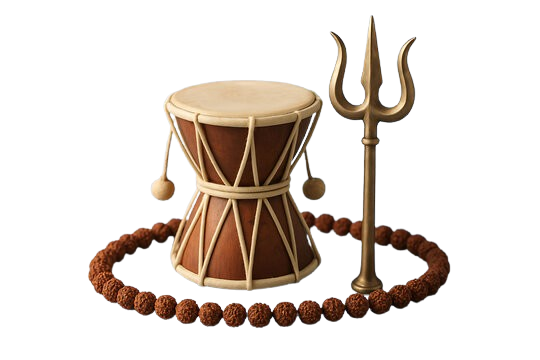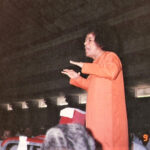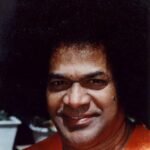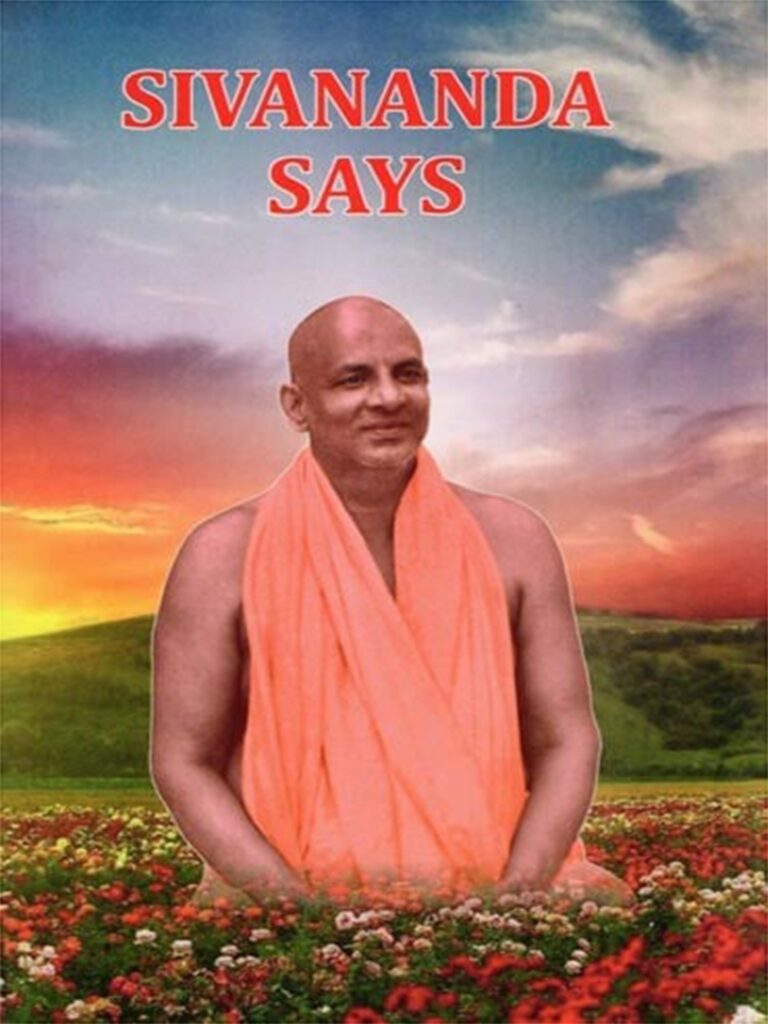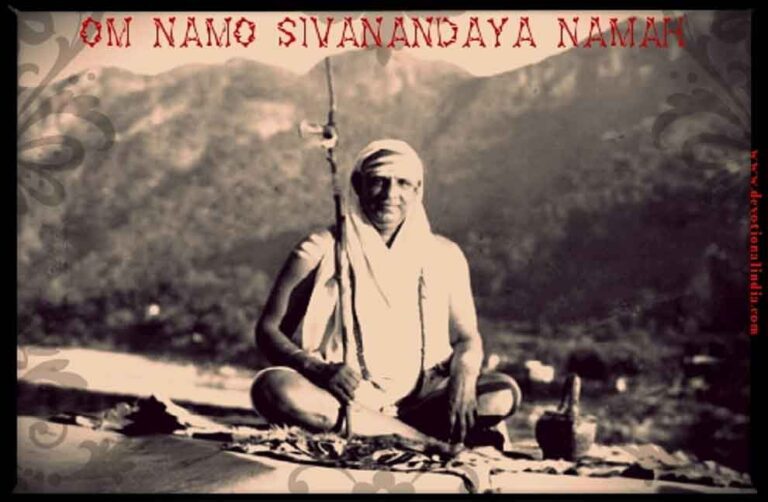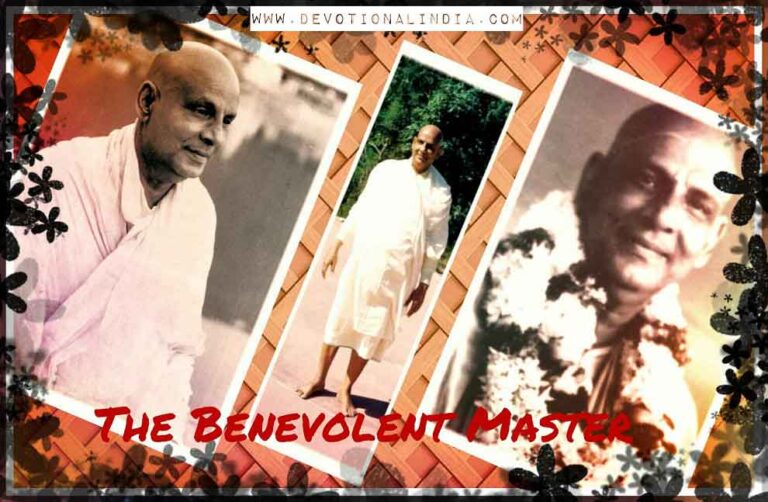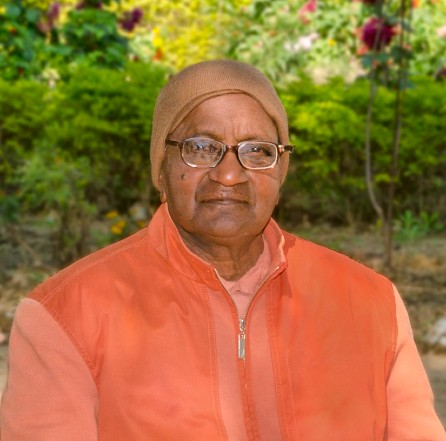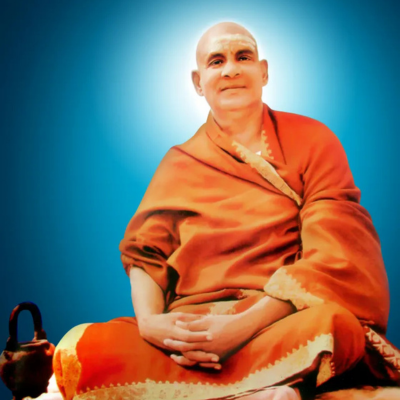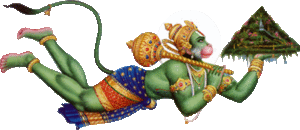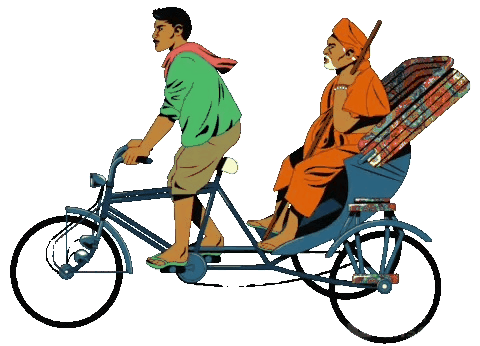Prasnothara Vahini
Prasnothara Vahini
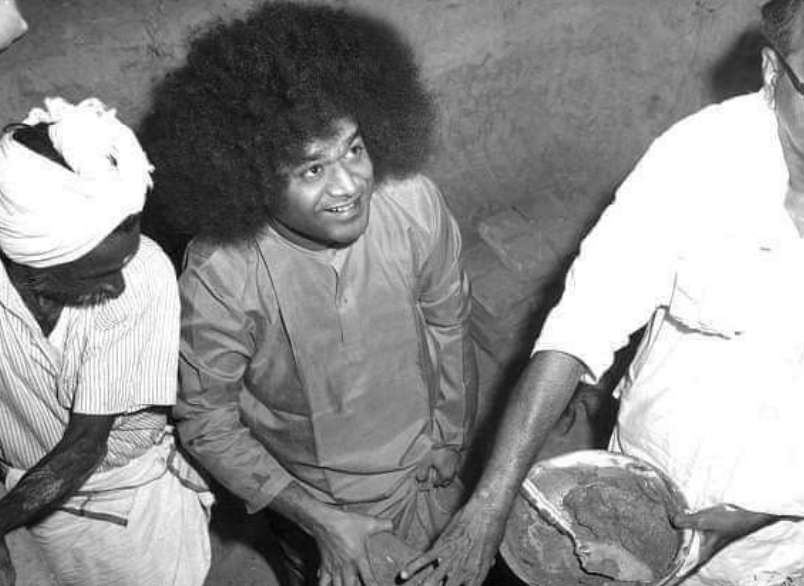
Sri Sathya Sai Baba’s Prasnothara Vahini, literally “the stream of questions and answers,” is a jewel among his spiritual writings. Unlike other Vahinis that flow as discourses or reflections, this text is structured around the intimate dialogue between seeker and master. The seeker presents questions—sometimes simple, sometimes profound—about God, the soul, the world, and the path to liberation, and Baba responds with concise, illuminating answers that cut through confusion. The very form of the text reminds us that spirituality is not a dry doctrine but a living conversation, an inquiry that blossoms into wisdom when guided by the grace of a realized master. Every question reflects the doubts of countless aspirants, and every answer shines with clarity, pointing the way to truth. In its essence, Prasnothara Vahini is not only a manual of spiritual teaching but also an assurance that no genuine question on the path is ever too small or insignificant to be answered by the Divine.
One of the central themes of the Vahini is the nature of the Self. Baba explains again and again that the true identity of every individual is not the body, mind, or ego, but the Atma—pure, eternal, and blissful. Just as a reflection in water is not the real person, the changing personality is not the eternal Self. The body may age, the mind may fluctuate, and circumstances may change, but the Atma remains untouched. The seeker often asks, “If I am truly divine, why do I not experience it?” Baba responds that ignorance (avidya) clouds awareness, just as clouds hide the sun. Through spiritual practice, self-inquiry, and divine grace, the ignorance dissolves and the Self shines forth. Liberation, therefore, is not becoming something new but realizing what one has always been.
Another key theme is Dharma, the righteous way of living. Seekers ask what constitutes Dharma, whether it changes with time, and how it should guide daily life. Baba explains that Dharma is the innate law of being, the order that sustains both the cosmos and the individual. Just as fire cannot lose its heat, man cannot lose his inner Dharma of truth, love, and righteousness. What varies is the external expression of Dharma according to roles, situations, and stages of life. For a student, Dharma is diligent learning; for a householder, Dharma is responsible care of family; for a renunciate, Dharma is detachment and meditation. Yet, in all stages, Dharma must align with truth, nonviolence, compassion, and selflessness. Baba warns that to ignore Dharma is to invite restlessness and chaos, while to live in Dharma is to enjoy peace and harmony.
The Vahini also highlights devotion (bhakti) as the simplest and most effective means of realizing God. When seekers ask whether knowledge (jnana) or devotion is superior, Baba clarifies that the two are not opposed but complementary. Knowledge without devotion is dry and prideful, while devotion without knowledge can become blind and sentimental. Together, they form a complete path: knowledge gives depth to devotion, and devotion gives warmth to knowledge. Baba urges aspirants to cultivate unwavering love for God in all forms, to chant His name, to sing His glory, and to offer every action as worship. Such devotion transforms the restless mind into a river flowing steadily toward the ocean of the Divine.
Meditation (dhyana) is another subject of frequent questioning. Baba explains that meditation is not merely sitting with closed eyes or repeating formulas, but steady concentration on the indwelling God. The aim is to still the waves of thought and allow the Self to shine forth. He suggests simple, practical methods—such as focusing on the form of one’s chosen deity, repeating the divine name, or watching the breath while feeling the presence of God within. The true sign of meditation, he explains, is not visions or miracles but inner transformation: greater peace, purity, compassion, and detachment. Meditation must be accompanied by discipline in daily life, for an undisciplined mind cannot taste inner stillness.
A recurring question in Prasnothara Vahini concerns liberation (moksha). What is liberation? How is it attained? Baba answers with great clarity: liberation is freedom from bondage to the body, senses, and ego. It is not a place to be reached after death but a state of awareness attainable even while living. When a person realizes, “I am not this perishable body, I am the eternal Atma, one with God,” then liberation is attained. Such a person may still perform duties, speak, eat, and interact, but inwardly he remains free, untouched by pleasure and pain. Baba often compares this state to a lotus in water—immersed yet unstained—or to a sky reflected in many pots of water, where the reflection may vanish but the sky remains unchanged. Liberation, he assures, is the natural destiny of every soul; it is not a privilege of saints alone.
The Vahini also addresses doubts about the world and its purpose. Some seekers wonder, “If God is blissful and perfect, why did He create a world filled with suffering?” Baba answers that the world is God’s Leela, a divine play meant to give souls opportunities for growth and realization. Just as a drama contains both joy and sorrow to make it meaningful, life presents both light and shadow to teach wisdom. Suffering, he explains, is not punishment but a teacher; it awakens compassion, patience, and detachment. When faced with trials, one must not despair but trust that God is guiding the soul toward its highest good.
Another feature of Prasnothara Vahini is Baba’s emphasis on practical living. Seekers ask about food, conduct, service, and relationships. Baba stresses moderation, purity, and discipline in all things. Food should be simple, clean, and sattvic, for the body and mind are shaped by what one consumes. Words should be truthful and kind, for speech can wound or heal. Service to others should be selfless, for in serving others one serves God Himself. Above all, thoughts should be watched carefully, for pure thoughts create a pure life. Baba explains that spirituality is not separate from daily living but is to be practiced in every moment, whether cooking a meal, speaking to a friend, or working at a job.
Throughout the dialogue, Baba’s compassion shines. He never scolds the seeker for asking but welcomes every question as a sign of sincerity. His answers are simple yet profound, often illustrated with analogies: the mind is like a monkey that must be trained, the heart is like a mirror that must be polished, life is like a river flowing to the ocean. These metaphors bring lofty truths into the grasp of everyday understanding. At the same time, his answers cut through excuses, exposing the ego’s tricks and pointing directly to truth. In this way, Prasnothara Vahini reflects the traditional guru-shishya dialogue of the Upanishads, where wisdom is transmitted not by lectures but by living interaction.
In conclusion, Prasnothara Vahini is a guidebook for seekers filled with questions, doubts, and yearnings. It shows that questions are not obstacles but stepping stones to realization when answered with sincerity and divine guidance. It reveals that the path of Dharma, devotion, meditation, and self-inquiry all lead to the same goal: liberation in the awareness of the Self. It teaches that peace and joy are not found by chasing the world but by turning within. And it assures us that the Divine Master is always ready to answer the heart’s call, transforming uncertainty into clarity, and doubt into faith. Thus, Prasnothara Vahini is more than a text; it is a living conversation with the Divine Teacher, a stream of wisdom that carries seekers from ignorance to illumination, from questioning to realization.


